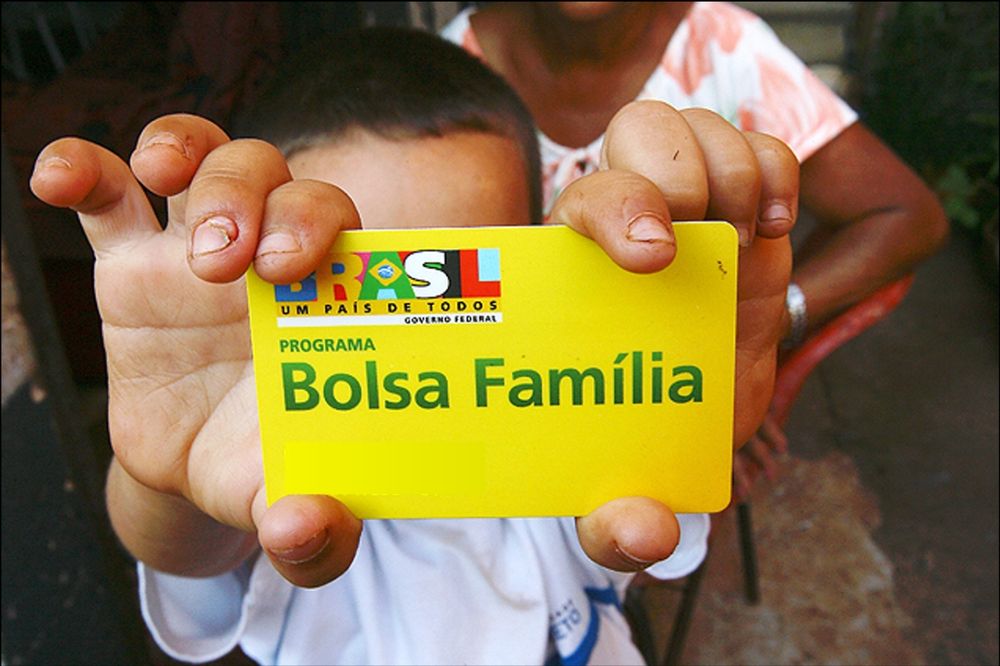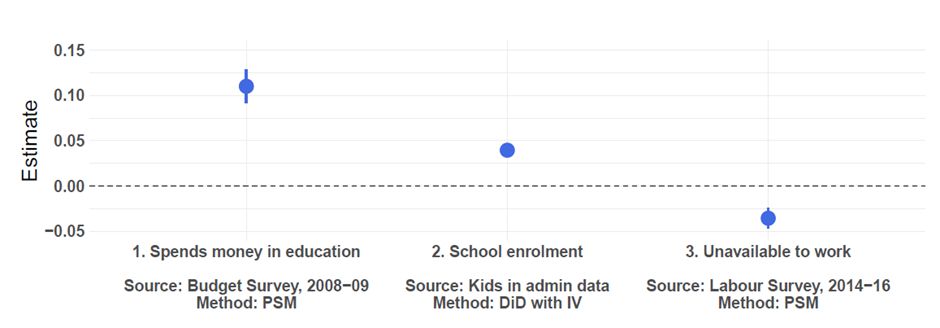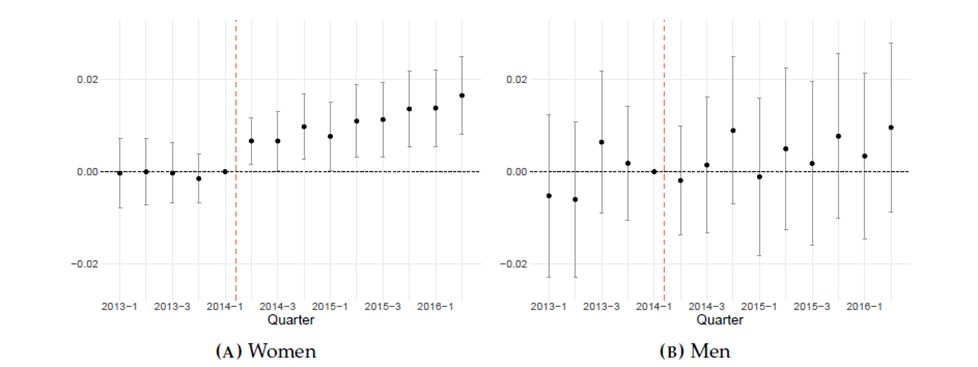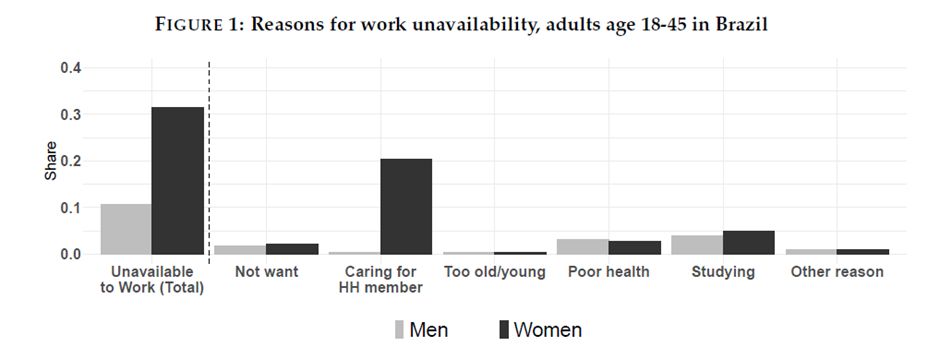Gabriel Leite Mariante
@leitemariante.bsky.social
180 followers
270 following
22 posts
PhD candidate in Economics at LSE. Empirical research in Development, Public and Gender Economics. 🇧🇷🇬🇧🇪🇸
Website: https://www.gleitemariante.com/
(He/him, Ele/dele)
Posts
Media
Videos
Starter Packs
Reposted by Gabriel Leite Mariante
Thais Carrança
@tcarran.bsky.social
· Apr 15

Bolsa Família é culpado pela dificuldade das empresas em contratar? - BBC News Brasil
Empresários se queixam de falta de funcionários em meio ao mercado de trabalho aquecido no Brasil. Mas será o Bolsa Família o culpado? Estudos trazem algumas respostas.
www.bbc.com
Reposted by Gabriel Leite Mariante
Reposted by Gabriel Leite Mariante
Reposted by Gabriel Leite Mariante
Oliver Hanney
@olihanney.bsky.social
· Dec 9

Ten key insights from development economics research in 2024
Economic research that VoxDev has featured in 2024 has yielded interesting insights on false narratives in international migration discourse, fertility and family planning, attendance vs learning in e...
voxdev.org












